What is happening on the first day of the new Holyrood year?
- Published
MSPs return to Holyrood for the start of the new 2015-16 parliamentary year. We look at what will be happening on the first day back and why this session is particularly important.

What will be happening?
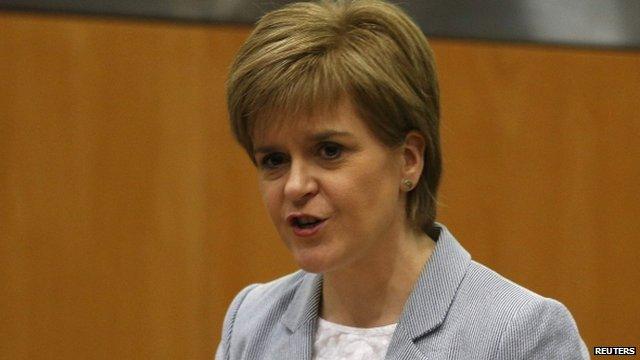
At the beginning of each parliamentary year, the First Minister of Scotland tells MSPs what the Scottish government's priorities will be for the forthcoming 12 months. The new programme of bills is also listed as part of that address. It is the equivalent of the Queen's Speech at Westminster, but without the pomp and ceremony.
Nicola Sturgeon, SNP leader and the country's first minister, will take centre stage in the Edinburgh parliament's chamber. It is the second time she has delivered her majority government's legislative programme.
In last year's speech she announced plans for a land reform bill that would allow ministers to intervene "where the scale of land ownership or the conduct of a landlord is acting as a barrier to sustainable development".

What is being proposed?
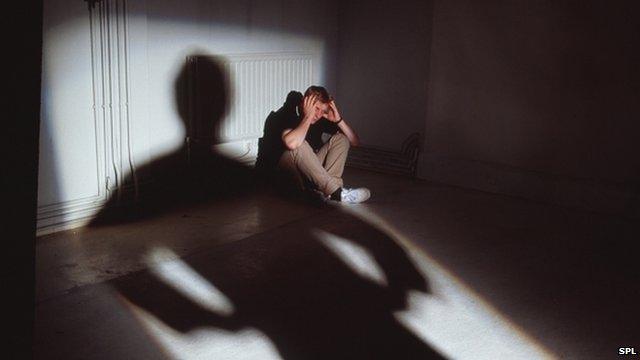
No one knows for sure the details of Ms Sturgeon's address. However, BBC Scotland Political editor Brian Taylor understands plans include:
taking action to tackle domestic abuse
reforming the private rented sector
addressing concerns over infant cremations.
In addition, Ms Sturgeon is likely to detail how she intends to use new welfare powers, which are due to be devolved to Holyrood in the near future.
As well as announcing plans for the future, she will defend her government's record so far.
The politician will highlight continuous growth in Scotland's economy for the past two years; free school meals for pupils in Primaries 1, 2 and 3; free prescriptions; an extra 1,000 police officers and £400m to farmers in Scotland.
Speaking to the BBC ahead of her address to parliament, Ms Sturgeon said: "This will be a bold ambitious reforming programme for government. It will list the legislation that the Scottish government will introduce in the remainder of this parliament as well as the policies we will pursue to support our economy, improve public services and tackle inequality
"But it will do more than that. It will also look beyond this parliamentary term to the next decade and beyond, looking at how we will improve education, improve our health service, reform these services for the next 10 years or more and we'll do that by building on the strong foundations that we've already created over the past eight years."

How many bills were there last year?
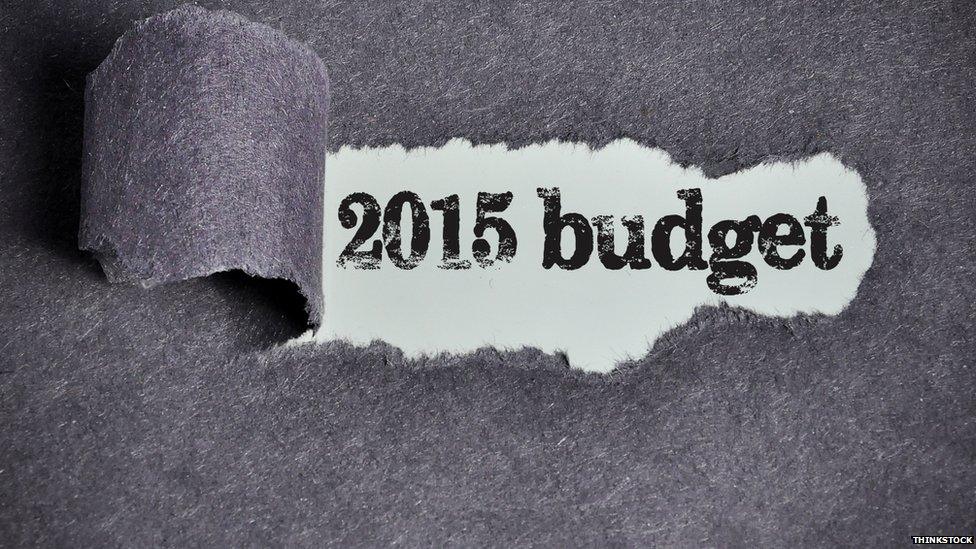
The Scottish government detailed its legislative programme later than usual last year because of the referendum on Scottish independence, which voters in Scotland rejected by 55% to 45%.
Its 12 planned bills included one about the budget; two related to education and two linked to health.
Most of those have not yet become laws. The Land Reform and Education bills both remain at the first stage of the parliamentary process. However, the Budget Bill and the Community Charge Debt Bill were passed.

How important is today?
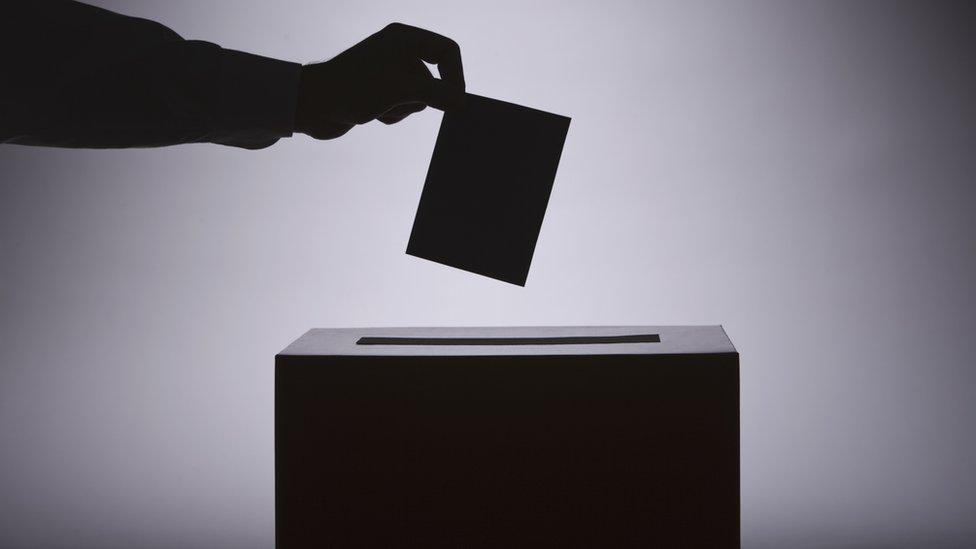
Days like these are always important because they set out the aims of the party in power - in this case the SNP - and help shape the arguments of opposition parties which include Labour, the Tories, the Lib Dems and the Scottish Greens.
But this is also significant because it marks the start of a parliamentary year featuring two big elements.
Firstly, from April 2016, the Scottish Parliament will receive more powers including control over tax. It will mean Holyrood can borrow money and vary income tax by up to 10p. A part share in VAT revenues and a greater say over welfare powers are also heading Holyrood's way.
Secondly, the Scottish Parliament election takes place on 5 May, 2016, when current MSPs vacate their seats and voters go to the polls to choose their new members of parliament.

What are the politicians saying?
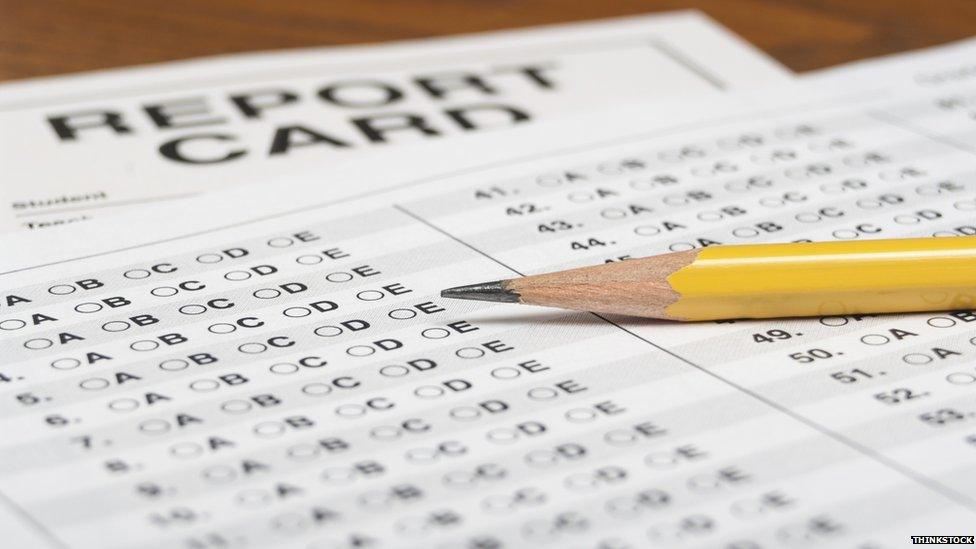
Ahead of the cut and thrust of debate in the new parliamentary session, opposition parties have highlighted the continuing "attainment gap" between those pupils from Scotland's wealthiest and poorest backgrounds.
The Scottish Survey of Literacy and Numeracy, external said in April that literacy standards in P4, P7 and S2 had fallen. The survey flagged up a similar drop in numeracy standards last year.
Ms Sturgeon is expected to outline moves towards standardising assessment in primary schools and the early years of secondary schools as part of her pledge to ensure that every child has an equal chance to succeed.
Speaking at the weekend, Scottish Labour's finance spokeswoman Jackie Baillie said it was time for the Scottish government to "roll up their sleeves and get on with running the country".
She called on ministers to "get to grips" with a range of public service problems, including what she described as a "looming crisis" in GP recruitment, a series of controversies involving Police Scotland and continuing problems with the ScotRail franchise.
The Chancellor George Osborne has said the UK Conservative government's economic plan has "delivered jobs for Scotland".
He told the BBC that unemployment had fallen and employment was up.